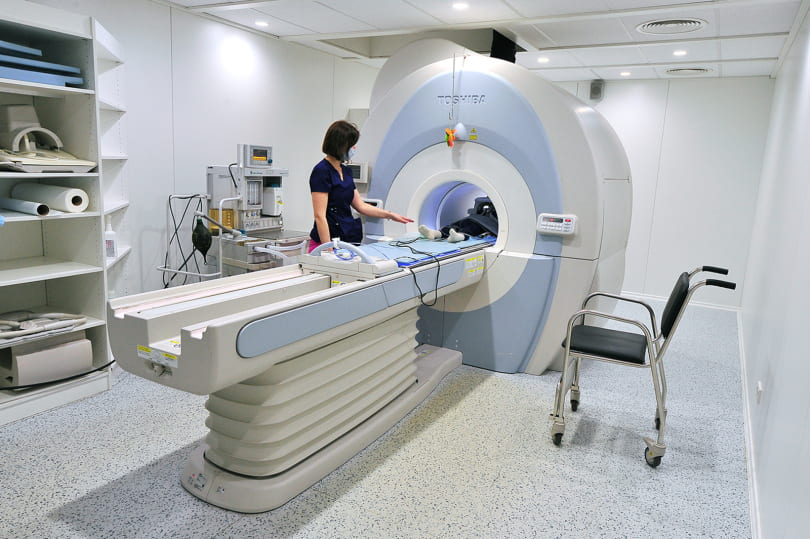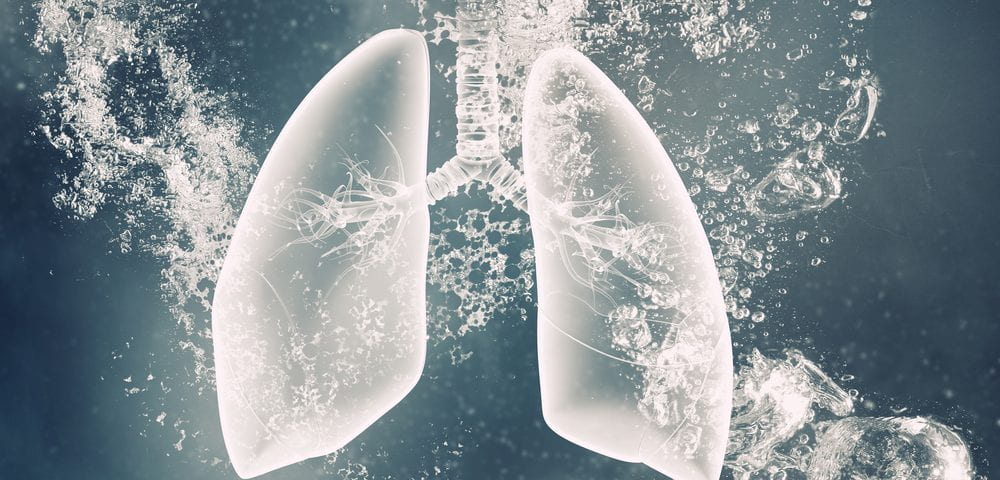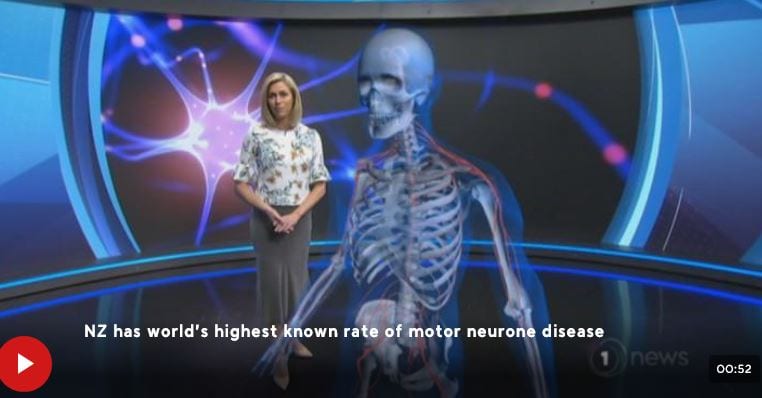Researchers at King’s College Hospital, led by Professor Christopher Shaw, have embarked on the first…Read More
Researchers from University College London found that muscle MRI can help distinguish ALS from Kennedy’s…Read More
In a Phase 2/3 clinical trial, AB Science demonstrated that Mastinib in combination with Rilutek…Read More
A study at UC San Diego School of Medicine identified small-molecule compounds that reduced the…Read More
Researchers at Otto-von-Guericke University in Germany developed a patient-reported scale to quantify dyspnea in ALS…Read More
The US Food and Drug Administration (FDA) has provisionally approved an experimental personalized treatment for…Read More
Cigarette smoking has been proposed as a risk factor for developing ALS and accelerating disease…Read More
The Global Burden of Disease (GBD) study – the world‘s largest scientific effort to qualify…Read More
Swim training reduced the loss of muscle strength associated with ALS (5% less between 11…Read More
A research team led by scientists at Harvard University said it has found a potential…Read More
Australian scientists have developed a groundbreaking drug which postpones the development of Motor Neuron Disease.…Read More
Australian researchers have developed a drug called CuATSM which has been found to slow the…Read More
New Zealand has the highest mortality rates for motor neurone diseases in the world, new…Read More
A global study has revealed NZ has the highest mortality rate from MND, with 2…Read More
NZ’s MND death rate is the highest in the world and five times the global…Read More
Dr Emma Scotter, who led the study, said NZ doesn’t have higher MND mortality rates…Read More
A new study has found NZ has the highest rate of MND of any country…Read More
Intense exercise could increase the risk of developing motor neurone disease (MND), research suggests. People…Read More
Scientists say they have made a breakthrough in understanding the cause of both motor neurone…Read More
Dr Nicholas Cole is the keeper of thousands of transparent fish that glow with pretty…Read More




















